Steady development of ties discussed in 'candid and constructive' phone talk
President Xi Jinping and United States President Joe Biden affirmed in a phone conversation on Tuesday the progress achieved so far in bilateral ties since their meeting in San Francisco in November, and agreed to strengthen communication to avoid misjudgment in order to push for the steady development of China-U.S. relations.
The two heads of state considered their phone conversation to be "candid and constructive", according to a news release from the Foreign Ministry after the phone talk. The phone call was their latest interaction after exchanging congratulations on the 45th anniversary of diplomatic ties between the two countries on Jan 1.
Xi said that the stabilizing trend of bilateral ties in recent months has been welcomed by both societies and the international community. On the other hand, there has been an increase in negative factors that require attention from both sides, he added.
Xi stressed that the issue of strategic perception is always fundamental to the China-U.S. relationship, just like the first button of a shirt that must be put right.
Two big countries like China and the U.S. should not cut off their ties or turn their backs on each other, still less slide into conflict or confrontation, he said. The two countries should respect each other, coexist in peace and pursue win-win cooperation, he added, and the relationship should continue moving forward in a stable, sound and sustainable way, rather than going backward.
As for the development of the China-U.S. relationship this year, Xi stressed holding on to the bottom line of nonconflict and nonconfrontation, and maintaining the overall stability of bilateral ties by refraining from setting the relationship back, provoking incidents or overstepping boundaries.
The two countries should also fulfill their respective commitments with actions, thus transforming the San Francisco vision into reality, Xi said.
The Chinese president reiterated that the Taiwan question is the first red line that must not be crossed in China-U.S. relations.
It is hoped that the U.S. side will take real actions to honor Biden's commitment of not supporting "Taiwan independence", he said.
According to Xi, the U.S. is creating risks, instead of "de-risking" as it claims, by adopting endless measures to suppress China's trade and technology sectors with a growing list of sanctions against Chinese enterprises.
If the U.S. is willing to engage in mutually beneficial cooperation with China and share in the dividends of China's development, the door is always open, Xi said. However, if the U.S. insists on suppressing China's high-tech development and depriving China of its legitimate development rights, the Chinese side will not stand idly by, he said.
Xi also elaborated China's positions on issues concerning the Hong Kong Special Administrative Region, human rights and the South China Sea, among others.
According to the Foreign Ministry news release, Biden said that the progress in bilateral ties so far demonstrates that the two sides are able to actively advance cooperation while managing their differences in a responsible way.
He reiterated the commitment to the "five noes": that the U.S. does not seek a new Cold War with China, it does not aim to change China's system, the revitalization of its alliances is not targeted at China, it does not support "Taiwan independence", and it has no intention to seek a conflict with China.
Biden also said that the U.S. adheres to the one-China policy, China's development is beneficial to the world, and the U.S. does not seek to contain China's development or to "decouple" from China.
The U.S. president also said that the U.S. will send U.S. Treasury Secretary Janet Yellen and U.S. Secretary of State Antony Blinken to visit China in the near future.
The two heads of state exchanged views on the Ukraine crisis and the situation on the Korean Peninsula.
They also agreed to instruct the working teams from the two sides to step up efforts to implement the San Francisco vision, push forward consultation mechanisms in fields such as diplomacy, economy, finance and commerce, as well as military-to-military communication, and conduct dialogue and cooperation in areas including anti-drug efforts, artificial intelligence and climate change.
Consensus was also reached in taking further measures to expand people-to-people exchanges and strengthen communication on global and regional issues.
















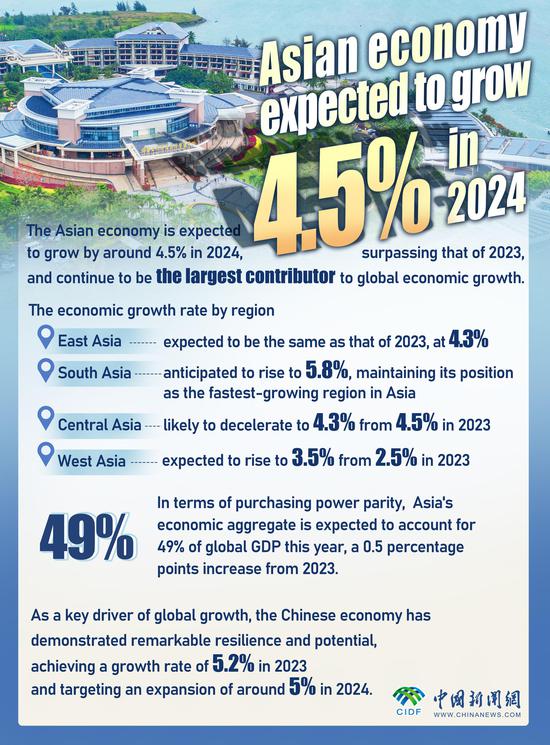
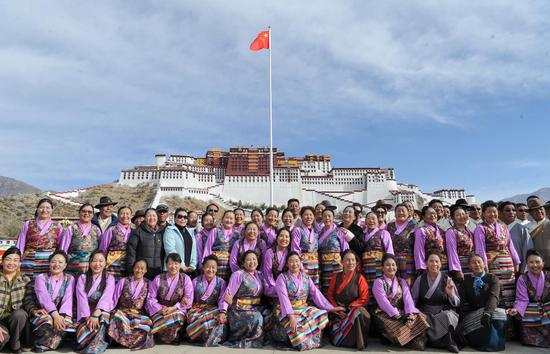
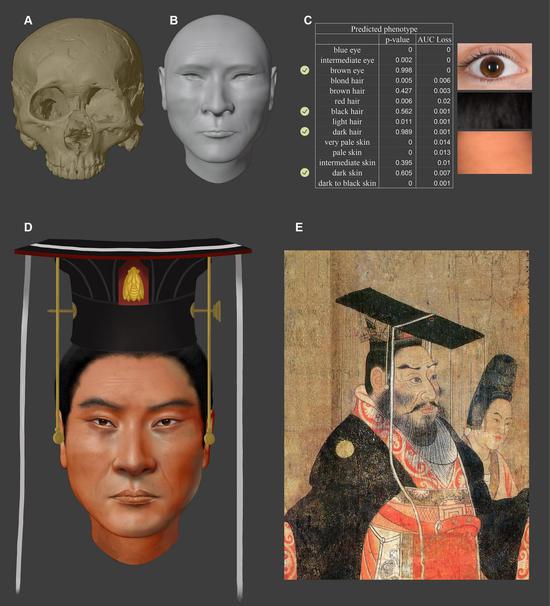




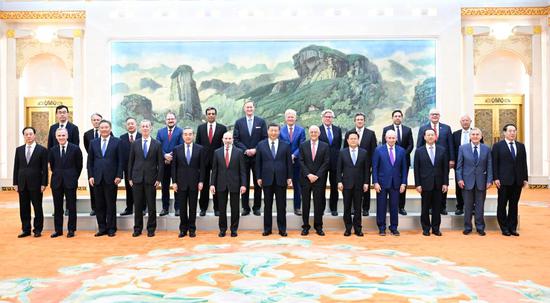
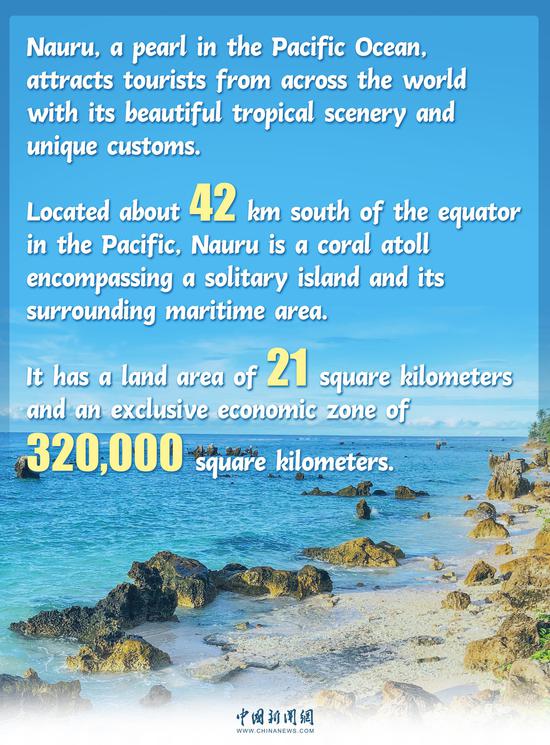
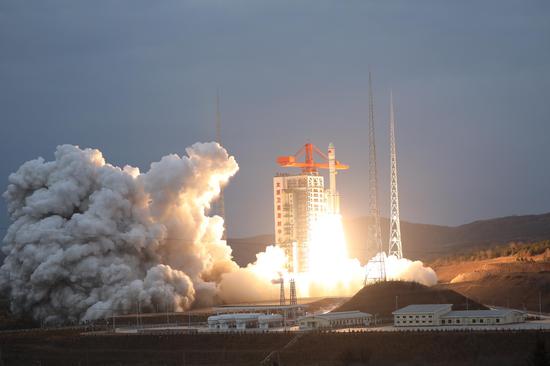




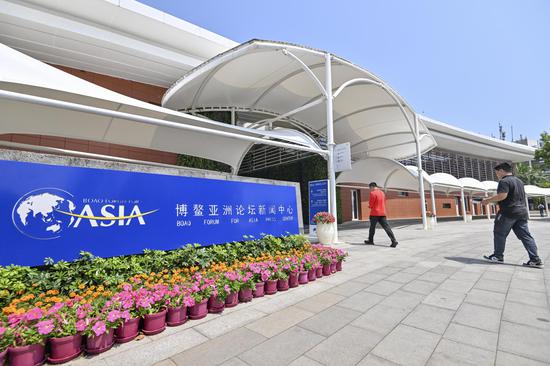
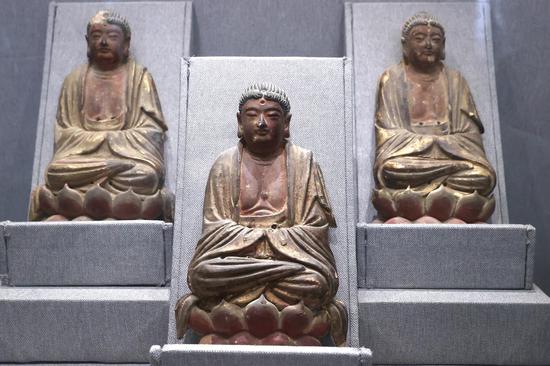

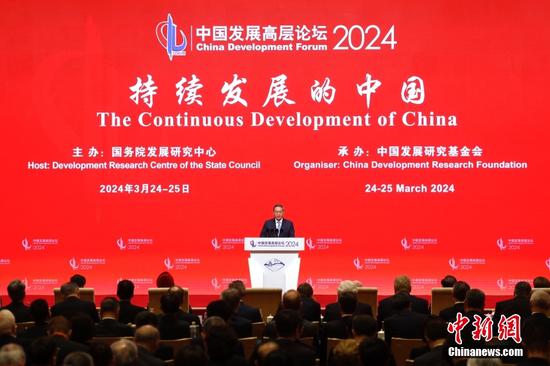



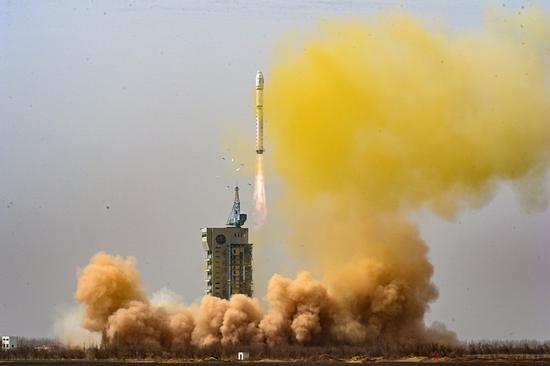












 京公网安备 11010202009201号
京公网安备 11010202009201号